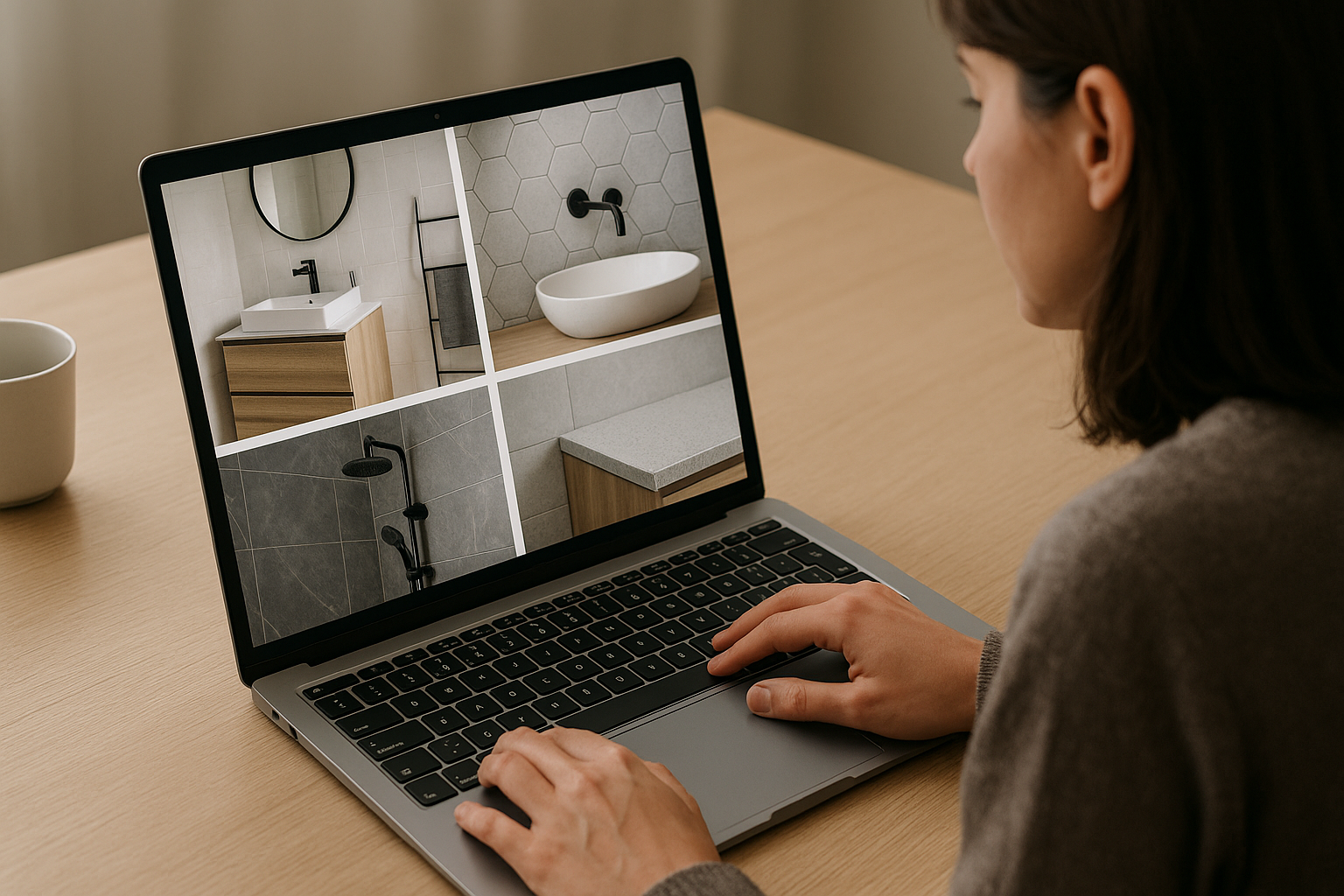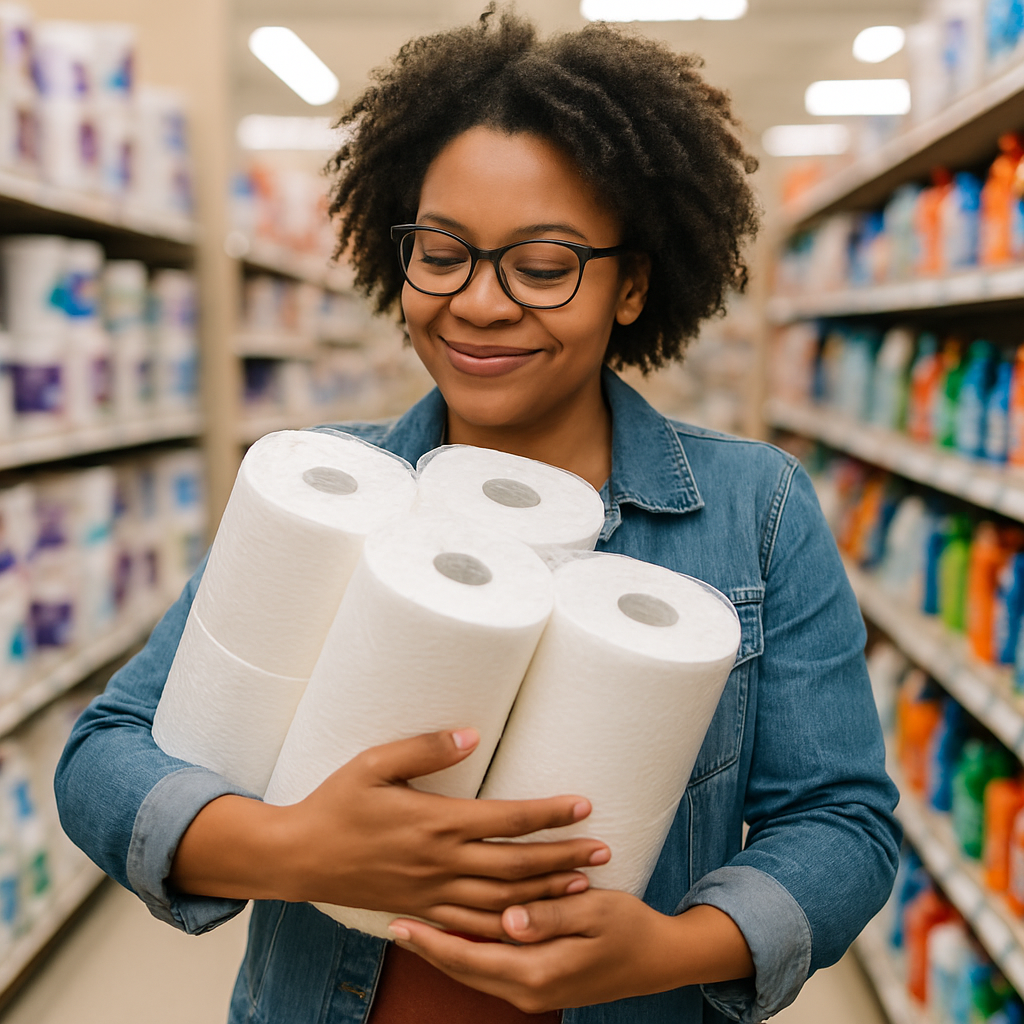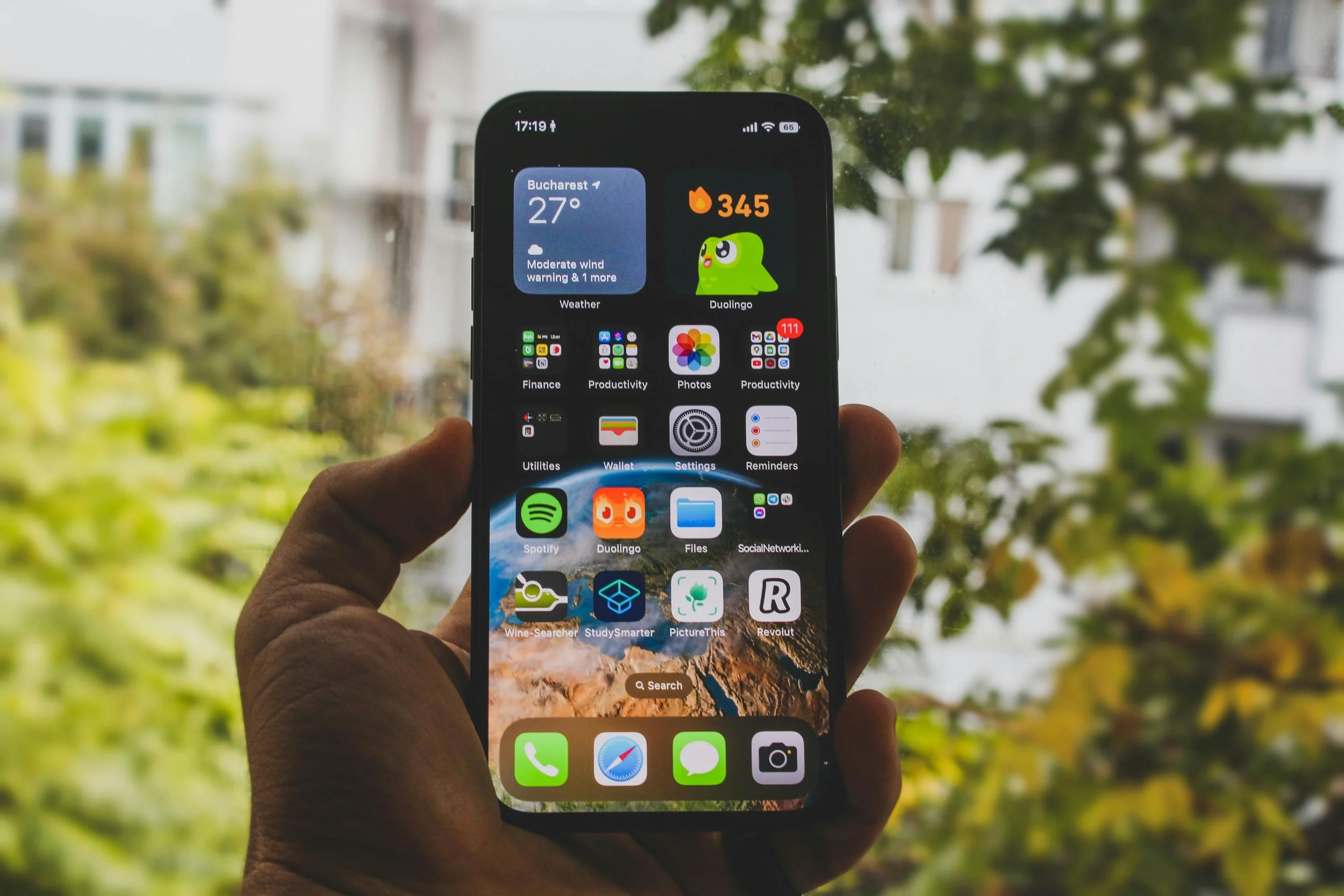Behind the Veil of the Beauty Industry
In our ever-changing and fast-paced world, Setup likes to stay on top of the current trends in the marketing industry. For the latest installment of our industry blog series, we are focusing on marketing in the Beauty industry to investigate recent changes and trends to stay top of mind.
We spoke with marketing leaders from Unilever for the latest insights on changes in the industry.
“Having an authentic and ownable purposeful fight, making a positive impact on communities has (finally) become table stakes for brands.”
Q1: What innovative (marketing) changes are happening in the Beauty space?
Re-branding
Beauty brands are becoming more mindful of the way they’re positioned. The market is stocked full of options that have forced consumers to be informed while buying products. Sonika Malhotra, Senior Global Marketing Director of the Premium & Masstige Hair Portfolio at Unilever, explained how brands are becoming more purpose oriented. “Beauty is becoming even more thoughtful and mindful. Despite it conventionally being considered a ‘vain’ category, we are seeing consumers vote with their dollars.”
It’s become increasingly more important to consumers who they’re investing in in addition to what - the quality of the products purchased. The reasons why a company exists are all important factors brands have to consider when positioning or repositioning themselves.
Malhotra is also the Co-founder and Marketing Director of Love Beauty and Planet, a Unilever brand, and is passionate about applying this to her own business. “Consumers appreciate transparency, authenticity, and real action – all of this while ensuring that the products deliver towards their needs. Purpose is hence critical to how we take our brands forward in an authentic, action oriented way. I love that Love Beauty and Planet are prime examples of this.”
Focus on Inclusivity
In addition to brands being more purpose driven, many are also working towards inclusivity. Chiara Grillo, the Digital Hub Lead in the Beauty & Personal Care division at Unilever shared that the beauty industry is moving towards equality and prioritizing representation. “The industry is moving from what was previously considered the standard of beauty – an aspirational concept of beauty to fit in, towards a more diverse, open, and inclusive one – and this is impacting nearly every aspect of the industry.”
Grillo added that products are also evolving to be safer and more sustainable “to meet the diverse needs of people around the world.”
Grillo and Malhotra both agree that being purpose driven is the most noticeable change across the industry. “Above all, having an authentic and ownable purposeful fight, making a positive impact on communities has (finally) become table stakes for brands,” Grillo shared. “These are meaningful changes that we will see and come to expect from brands moving forward.”
“The industry is moving from what was previously considered the standard of beauty - an aspirational concept of beauty to fit in, towards a more diverse, open and inclusive one – and this is impacting nearly every aspect of the industry.”
Q2: Are there other industries or companies outside your own that you have looked to for inspiration and why?
Entrepreneurial Spirit
As an entrepreneur, Malhotra looks towards other brands that are still led by their founder for inspiration. “This industry is ever evolving, there is always more of what you don’t know than what you do. We are looking at wonderful founder-led brands for not just what they build, but how they talk and how they connect with their consumers as we continuously aspire to make our products and consumer engagement and relationships better and stronger.”
Breaking Stereotypes
Grillo shared that “beauty is at the crossroads of culture,” and she's inspired by how certain brands are taking a stance and having a positive impact. “It’s been incredibly inspiring to see brands from literally every industry breaking stereotypes and changing representation. Tommy Hilfiger, for instance, has been the first global designer to invest heavily in adaptive fashion with his Tommy Hilfiger Adaptive line. Nike FlyEase showcases a brilliant range from Nike that lets you enjoy sport no matter your ability with technology developed from insights from the disability community. It’s just the beginning of an exciting journey to fight racism, ageism, ableism, etc.”
“Consumers appreciate transparency, authenticity, and real action – all of this while ensuring that the products deliver towards their needs.”
Q3: What lessons can other industries learn from the beauty space?
Lesson #1: Make good products
TikTok, Instagram, and Youtube have made it easier than ever to vet a product and find the best option. It is important that companies keep that in mind throughout the whole product lifecycle from development to launch. Malhotra stated, “Make products effective. If they don't work, don’t have good packaging, and don’t have a great story, no great purpose will sell it. Talk to your shoppers, engage them continuously, [because] chances are they have a pulse of the trends (or some shape of it) before you do – thanks to the virtual world and many creators and influencers who are leading the charge on not just beauty but lifestyle, wellness, and everything else.”
Lesson #2: Break stereotypes to break barriers
Grillo said it beautifully, “Breaking stereotypes unleashes creativity and drives growth.” She added that she’s thrilled to see how diversity and inclusion is becoming more prevalent and can't wait to see where it takes the industry. “It is exciting to see that diversity and inclusivity will continue to drive conversations around the globe - the future is bright, especially for those who dare to be different.”
The beauty industry is saturated with options. In order to cut through the noise, consumers have become privy to who and what is creating their products. As an avid beauty enthusiast, our Business Development and Marketing Associate, Alexis Quarcoo, does heavy research into a product before purchasing, using, and then promoting a product to peers.
Like Grillo and Malhotra explained: Brands with a greater purpose that value diversity and inclusion are normally ones that rank high on a consumer’s list.
































Over the past year, we’ve watched the following patterns emerge across seemingly unrelated sectors: rising consumer expectations, demand for authenticity, growing complexity, and the tension between automation and human connection.
We interviewed multiple marketers from an array of industries in our blogs below, and we discovered consistent trends across the board. Check out all of our industry blogs throughout 2025 from leaders at Blackbaud, Hiscox USA, Mimedx, MONPURE, Kimberly-Clark Professional, and more.